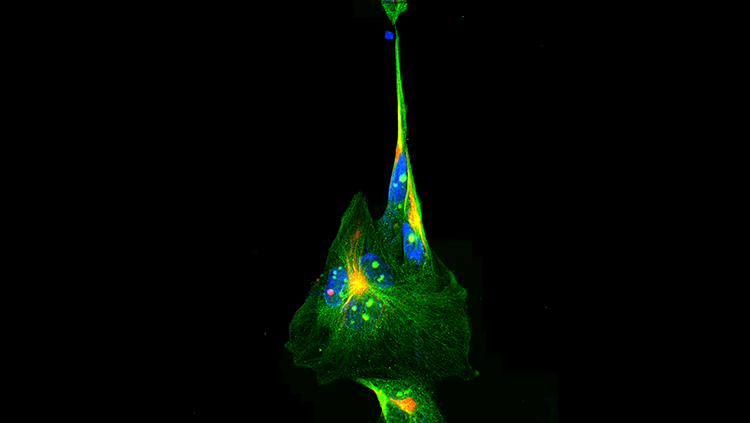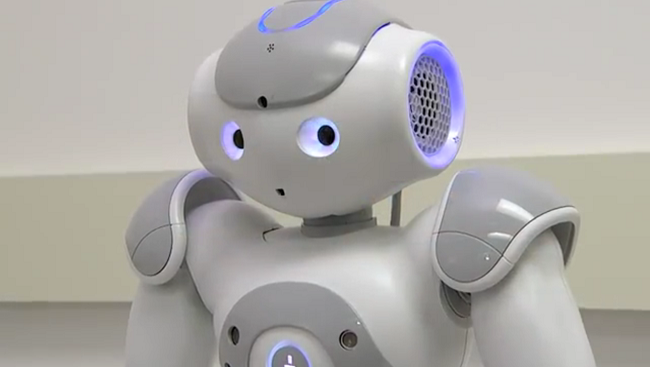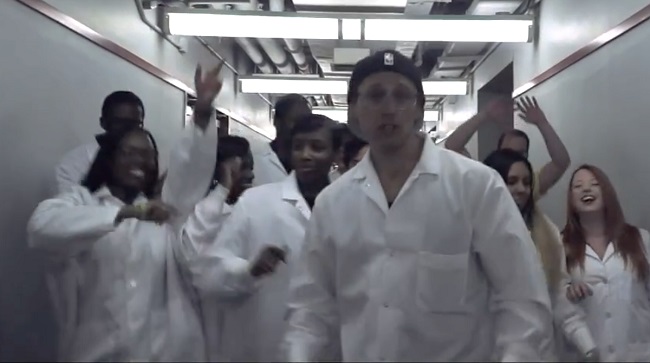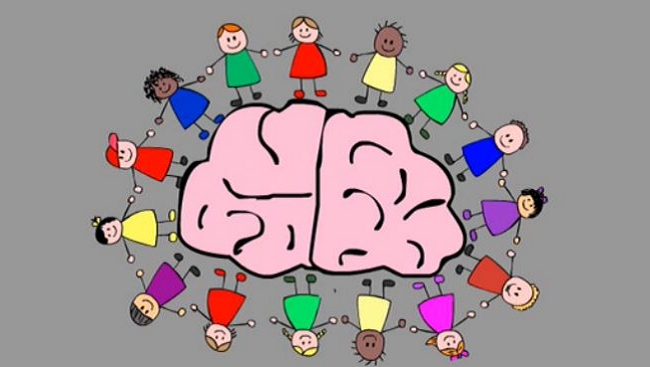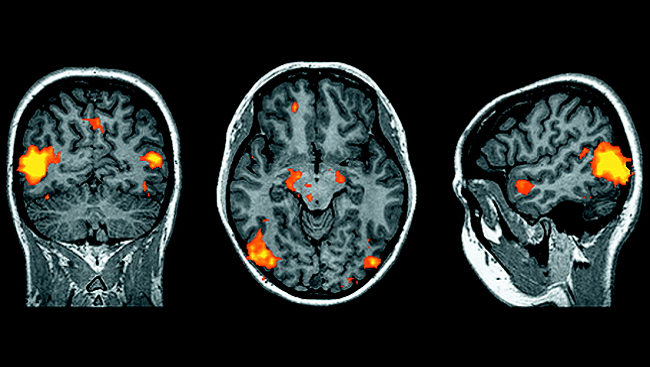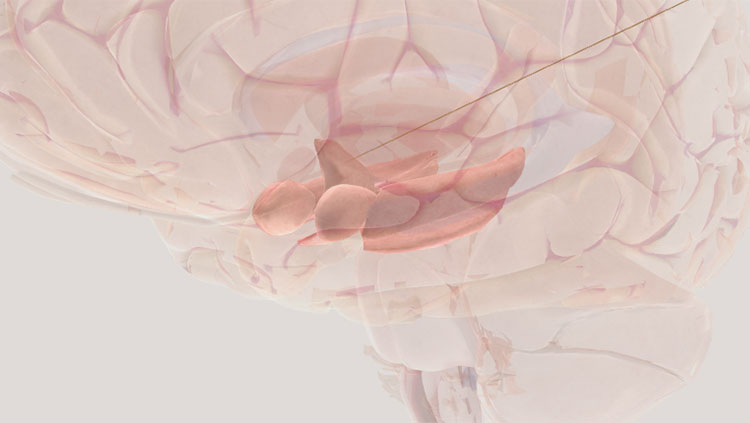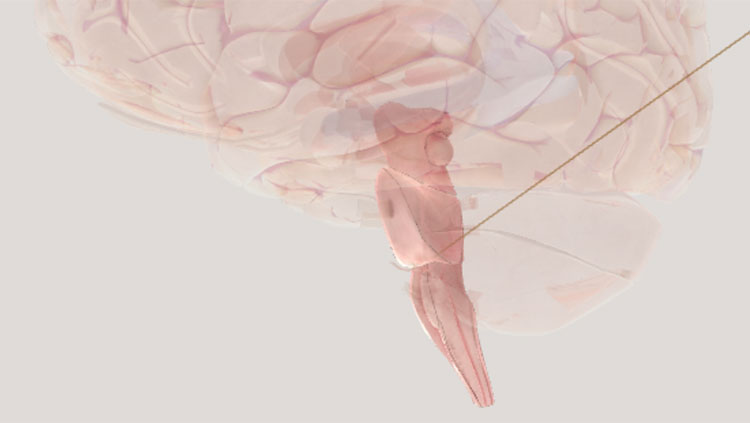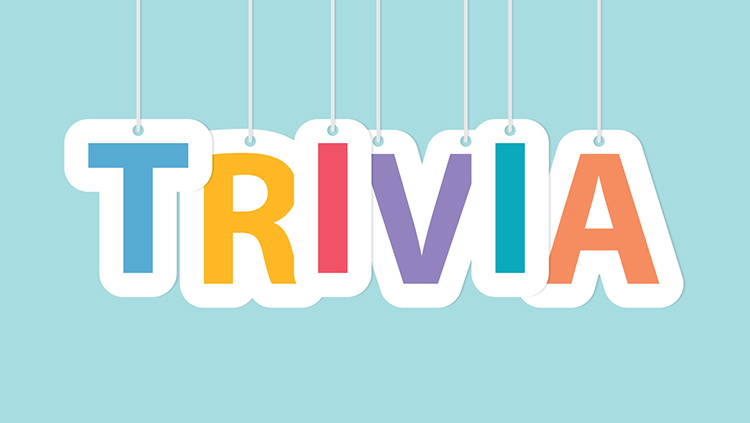The Power of the Placebo
- Published31 May 2012
- Reviewed31 May 2012
- Author Susan Perry
- Source BrainFacts/SfN
As many as one in three patients report feeling better after receiving a drug that has no active ingredients. For decades, these findings — called the placebo effect — were dismissed as purely psychological. Now new research indicates that placebos can cause real biological changes, a finding that is transforming how medicine is practiced.
Henry Beecher discovered the placebo effect as a medic in World War II. After running out of pain-killing morphine, he replaced it with a simple saline solution but continued telling the wounded soldiers it was morphine to calm them. To his surprise, almost half of the soldiers reported that the inert saline solution actually reduced or erased their pain.
While treating wounded American soldiers during World War II, Henry Beecher ran out of pain-killing morphine. Desperate, he decided to continue telling the soldiers that he was giving them morphine, although he was actually infusing them with a saline solution. Amazingly, 40 percent of the soldiers reported that the saline treatment eased their pain.
Today, scientists better understand why those soldiers felt better. Beecher gave the soldiers a placebo — a substance that may look like a real medication, but isn’t. Placebos can take many forms. The most common is a “sugar pill,” but placebos can also be injections, devices, procedures — even just a doctor telling a patient that he or she will soon feel better.
Exactly how placebos work to relieve pain and other symptoms remains a mystery, but neuroscientists have uncovered several important clues. They have learned that placebos help the brain release natural chemicals and change brain activity in ways that mimic the effects of real drugs and treatments.
Symptom Relief from a Sugar Pill
Much of the research on the placebo effect concerns pain. Scientists found that placebos can cause the brain to release its own pain relief chemicals. In fact, research shows blocking these chemicals prevented placebo effects. In addition, brain areas that process pain show reduced activity following placebo treatment. One study showed that men were more likely to report relief from heat-induced arm pain when they thought a fake anesthetic numbing cream was the real thing. Imaging data revealed that the placebo effect had suppressed incoming pain signals from the arm to the brain.
Other studies showed placebos can affect symptoms of brain diseases. Parkinson’s disease, a neurological condition marked by low levels of the brain chemical dopamine, is often treated with a dopamine drug called levodopa. Research has shown that placebos can increase dopamine levels in the brains of Parkinson’s patients, and help them move more easily — just like levodopa itself.
The Influence of Expectations
The placebo effect appears to depend on a combination of verbal suggestions, observational cues, and conditioning.
These factors create expectations that then influence the placebo effect by activating the brain’s reward system. When people believe that a placebo is a real drug—either because they’ve been told it’s the real thing and/or it looks real—their brains produce more dopamine, a brain chemical strongly associated with reward and pleasure. The biological effects of a placebo, therefore, are similar to those of other pleasurable experiences, such as eating when hungry or drinking when thirsty.
Conditioning — the process by which we become trained that one thing happens as a result of another — also plays a role in the placebo effect. If patients know a particular therapy eases their symptoms, they are more likely to experience relief when they believe they are receiving that therapy again — even if actually given a placebo.
An interesting illustration of the role that expectations have on the placebo effect involves patients with Alzheimer’s disease. Placebos have been shown to be less effective in reducing complaints of physical pain in those with mild to moderate Alzheimer’s disease. Alzheimer’s patients also tend to require higher doses of pain medications, possibly because they have forgotten that the medicines worked for them before. Because they have no expectations, placebos — and even real medicine — seem less effective.
CONTENT PROVIDED BY
BrainFacts/SfN
Also In Archives
Trending
Popular articles on BrainFacts.org



